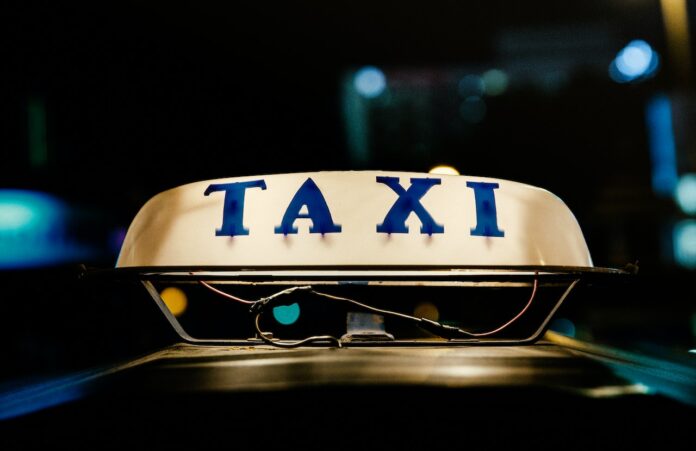The UK’s Most Expensive Cities for Taxi Drivers Revealed
A brand-new study released by Zego reveals where in the UK is most expensive to be a taxi driver.
The taxi insurance experts at Zego have examined several administration costs that are required when setting up as a taxi driver in each UK city.
Startup factors include the average cost taxi insurance, initial cost of a DBS certificate, average cost of a taxi licensing fee (for three years) and the average cost of petrol per litre.
The top 10 study rankings are as follows:
1. London
2. Wakefield
3. Bradford
4. Coventry
5. Edinburgh
6. Nottingham
7. Luton
8. Southampton
9. Manchester
10. Wigan
 London tops the study as the most expensive UK city for taxi drivers, with an average set up price of £1,856, which doesn’t include any actual vehicle costs.
London tops the study as the most expensive UK city for taxi drivers, with an average set up price of £1,856, which doesn’t include any actual vehicle costs.
The cheapest UK city to become a taxi driver is Inverness in Scotland, with an average total startup cost of around £853
Hereford is also amongst the cheapest cities for setting up, with an annual taxi insurance cost of around £708.
Sten Saar, CEO of Zego, has commented on the research:
“Today taxi drivers are an essential part of society, transporting members of the public daily.
“It is no surprise that London tops the study, being the capital city of the UK and even declared the fourth most expensive city in the world. The total average initial startup for a taxi driver in London is around £1,856 – and that’s without purchasing a vehicle.
“Taxi insurance is a broad term that can be applied to insurance for private hire vehicles, black cabs and Uber drivers, and it is important a taxi driver knows which one is most suitable for them.
“Private hire insurance provides cover for licensed drivers who carry pre-booked passengers in return for payment. Private hire insurance is sometimes called taxi insurance, minibus insurance or PCO insurance, specifically for people who drive passengers for a living.
“It is important to be aware that your standard motor insurance (known as social, domestic and pleasure), does not cover this type of business activity.
“Public liability insurance is also recommended for taxi drivers, as it provides protection for claims against the driver. Normally this is for circumstances such as if a passenger suffers a personal injury or damage to their property while either in, entering or leaving the taxi. In this case it will cover you against any legal or compensation claims.
“In recent times, taxi drivers have felt the brunt of inflation across the UK, therefore will are looking for ways to reduce their outgoings – and there are several ways to do so.”
Below, experts at Zego have shared five top tips on how taxi drivers can reduce their outgoings:
- Fuel efficiency
Maintaining efficient driving habits can significantly reduce your fuel consumption. By accelerating smoothly, maintaining a steady speed, planning your routes to minimize mileage and avoid unnecessary idling, you will notice the difference in your fuel spending.
2. Regular vehicle maintenance
The one thing that will stump a lot of motorists in general is not regularly maintaining their vehicle for failures to occur further down the line.
Therefore, to help you avoid costly repairs in the long run, follow the manufacturer’s recommended maintenance schedule, check tyre pressure regularly, and keep up with oil changes and other essential services.
3. Familiarise yourself with tax deductions
As a taxi driver, there are tax deductions specific to your profession.
Therefore, it is recommended you keep track of all your expenses related to your business/vehicle such as fuel costs, vehicle maintenance, insurance premiums, etc.
Consult with a tax professional to make sure you are taking advantage of all eligible deductions.
-
Shop around for insurance
Always shop around for the best insurance deals and don’t just automatically renew with the same provider without checking elsewhere.
Look for policies that offer the coverage you need at the most affordable rates.
-
Ditch the ‘dead miles’
Dead miles are what will increase your fuel consumption the most.
Try to minimize you idling time by avoiding prolonged periods of hovering or diversions that waste fuel.
If you do anticipate waiting for a customer for a while, consider turning off your engine to save on fuel costs.

| [donate]
| Help keep news FREE for our readersSupporting your local community newspaper/online news outlet is crucial now more than ever. If you believe in independent journalism,then consider making a valuable contribution by making a one-time or monthly donation. We operate in rural areas where providing unbiased news can be challenging. |


















